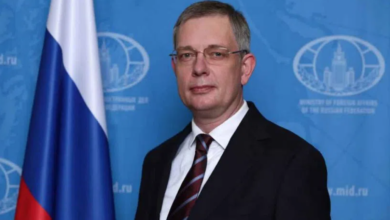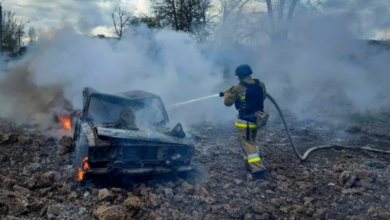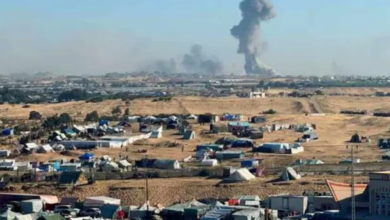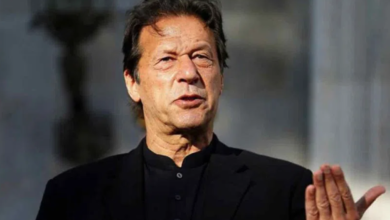‘A Bad Joke’: EU Members Fail to Agree on Price Caps for Natural Gas, Russian Oil
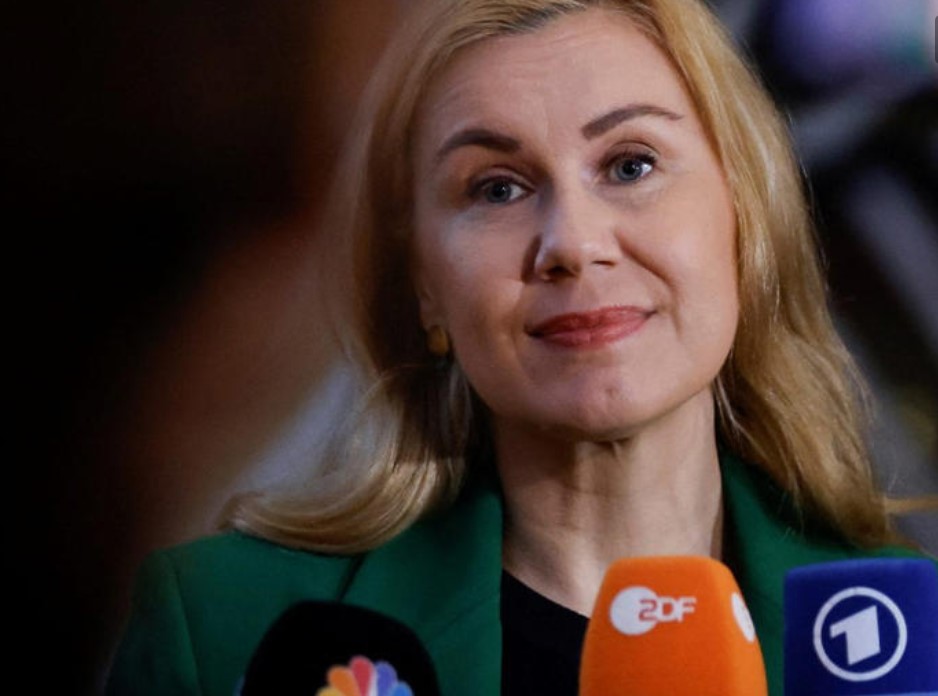
The European Union this week failed to agree on the imposition of a price cap on natural gas to shelter citizens and businesses from pricey energy bills this winter.
Energy ministers from the 27-member bloc slammed the proposal and some ministers even called the measure a ‘joke’.
They said the foreseen criteria has been so high that it may never be activated and some members said there is a risk of supply stability.
The ministers will now meet in the first-half of December once more to resolve the differences between themselves. Czechia energy minister Jozef Sikela, whose country now holds the rotating EU presidency, after the meeting said that 27 member states agreed on two things in principle – joint gas purchasing platform for next year and the acceleration of permits for renewables, news agency Deutsche Welle said in a report.
The report said that Spain, France, Poland, and Greece criticised the initial plan drawn by the European Commission.
“The gas cap proposal appears to be designed to never be used, which seems like a bad joke to us,” Spain’s Minister for Ecological Transition Teresa Ribera was quoted as saying by DW. Polish Environment Minister Anna Moskwa, however, did not mince her words and called the proposal a joke.
The EU executive branch proposed that the price cap mechanism would be triggered if the Title Transfer Facility (TTF) index price went above €275 per megawatt hour for two consecutive weeks.
Critics were quick to point out that this threshold was not even met when prices rose to a record high as Russia halted supplies via the Nord Stream 1 pipeline, a supply route linking Russia and Germany.
Germany and the Netherlands were also among the detractors of the price cap plan. Their energy ministers said that even a weaker price cap would push sellers towards Asia where they might find more buyers.
No Deal on Russia Seaborne Crude
The European Union also failed to reach an agreement on a price cap for Russian sea-borne oil under the Group of Seven nations (G7) scheme.
The talks for setting a price cap on Russian seaborne oil will continue this week.
The 27-member bloc met in Brussels to discuss a proposal put forth by G7 which urged that the price cap could be set at $65-$70 per barrel. Some members said the level was too low and some said the level was too high.
Poland, Lithuania and Estonia believe the $65-$70 per barrel would leave Russia with too high a profit, news agency Reuters reported.
These nations cited the production costs which are around $20 per barrel for quoting a higher price cap.
Cyprus, Greece and Malta, who have major shipping industries, disagreed and said they felt that the prices were too low and demanded compensation for the loss of business and more time to adjust.
“Poland says they can’t go above $30 per barrel. Cyprus wants compensation. Greece wants more time. It is not going to happen tonight,” a diplomat was quoted as saying by news agency Reuters.

